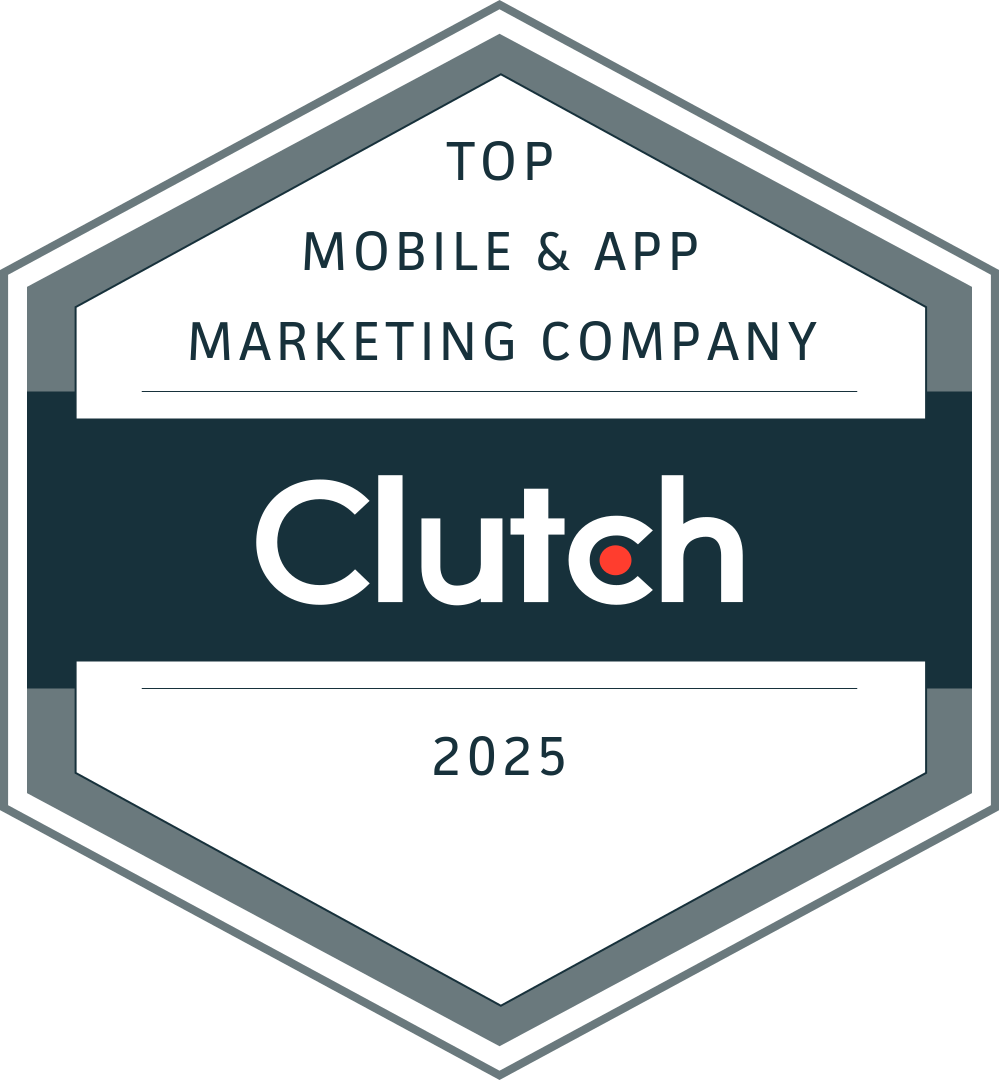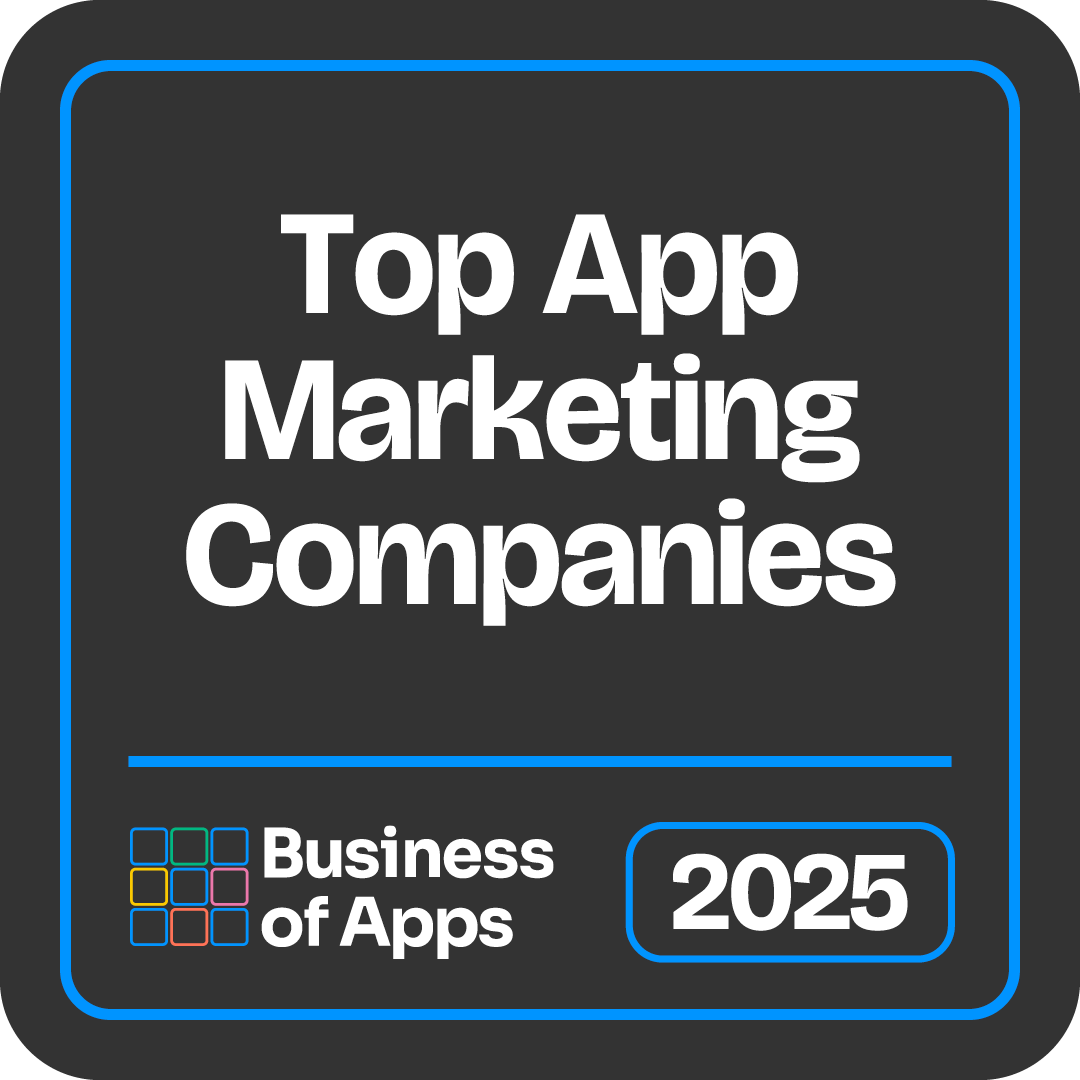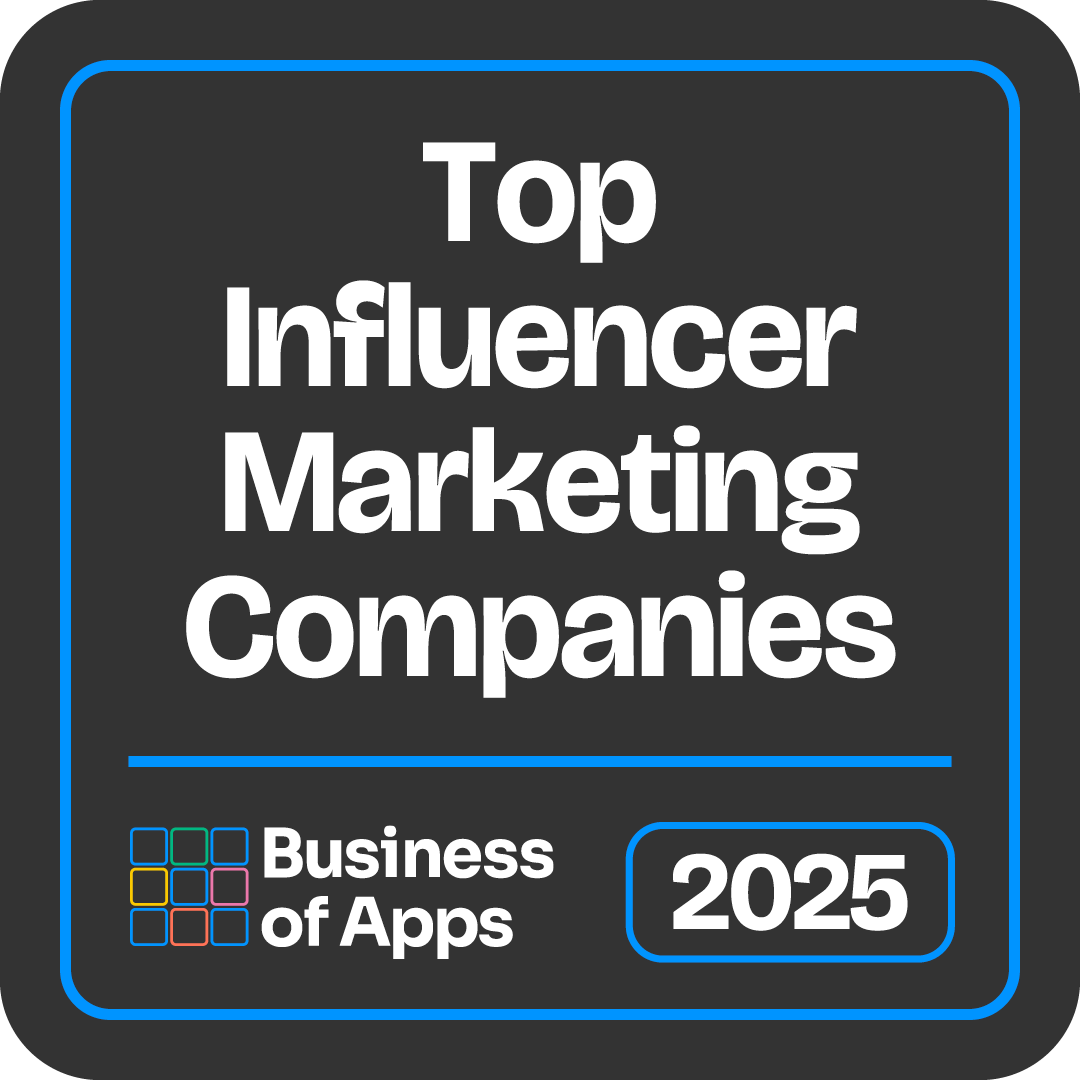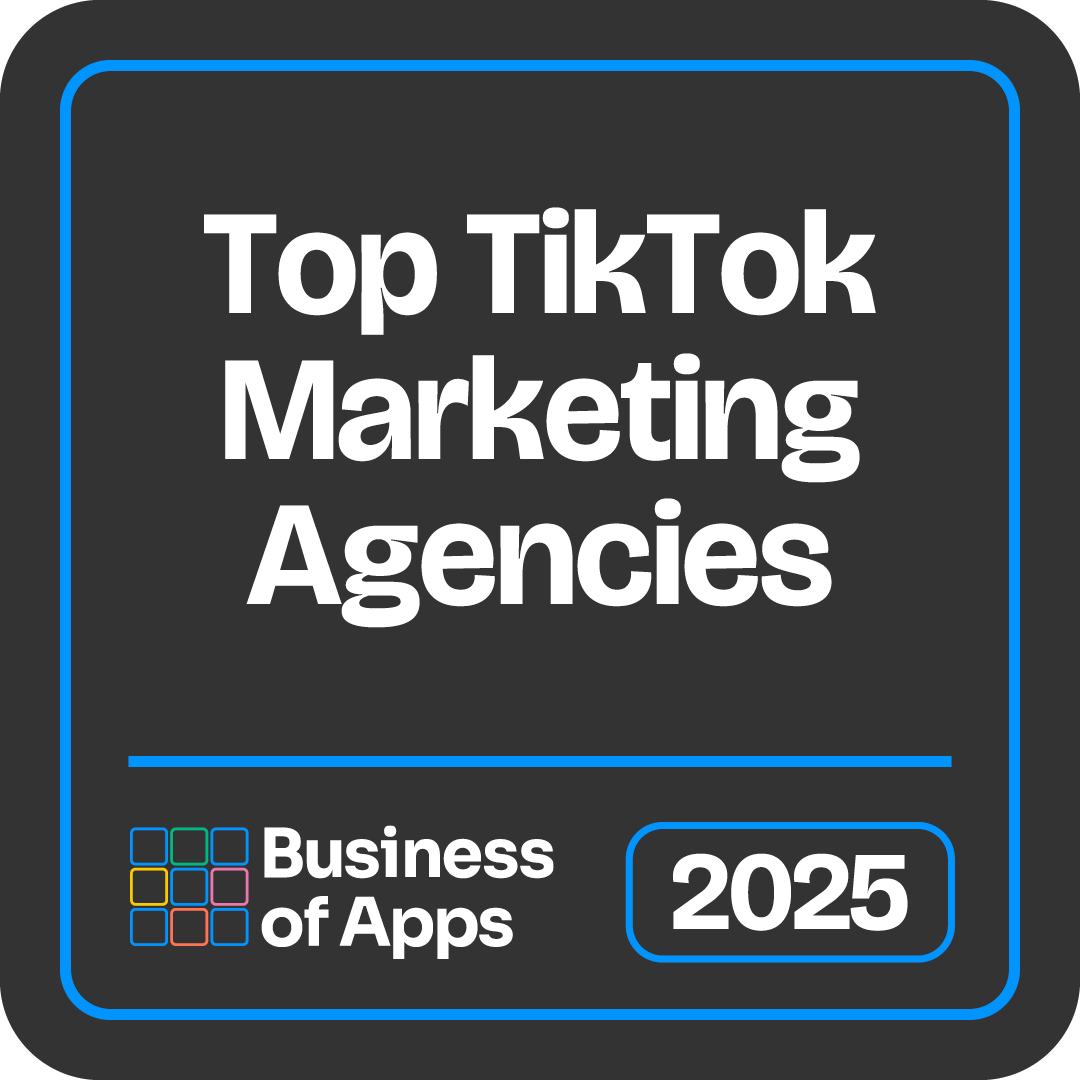In the rapidly evolving landscape of healthcare, mental health apps are becoming essential tools that cater to the increasing demand for accessible mental health services. As society continues to prioritise mental well-being, understanding how to effectively market these apps is crucial for success in 2025. This guide will explore key strategies that can empower developers and marketing agencies to grow their mental health apps and connect with their target audience.
Understanding the Importance of Mental Health Apps
Mental health apps have emerged as vital resources in modern healthcare, seamlessly integrating into the lives of users seeking immediate support. These applications empower individuals to actively monitor their mental health and provide a wealth of mental health resources tailored to manage conditions such as anxiety and depression. The convenience offered by mobile technology ensures that users can engage with mental health resources anytime and anywhere, breaking down traditional barriers to care, such as stigma and geographical constraints. By leveraging these innovative tools, individuals can take proactive steps in their mental health journey, ultimately enhancing their overall well-being. Moreover, features like mood tracking and guided exercises foster a personalised approach to mental health care, making these apps indispensable in contemporary society.
The Role of Mental Health Apps in Modern Care
In today’s world, mental health apps play a crucial role in providing users with immediate access to mental health services. They enable users to engage in self-care practices and connect with mental health professionals when needed. This immediate access is particularly significant in the wake of the COVID-19 pandemic, which has heightened awareness of mental health issues and increased the demand for digital solutions. As individuals navigate their mental health needs, these apps serve as companion tools, fostering an environment where users can openly discuss mental health topics and make informed decisions regarding their care. By providing actionable insights and resources, mental health apps are revolutionising the way individuals approach their mental well-being. In ads this can be actual meditations or just affirmations that people can connect with and take onboard.

Market Trends Shaping Mental Health Services
The mental health app market is poised for substantial growth, with projections indicating a rise from USD 7.23 billion in 2024 to approximately USD 36.44 billion by 2034. This remarkable market growth reflects a compound annual growth rate (CAGR) of 17.56%, driven by heightened awareness of mental health and an increase in diagnosed mental health issues. Furthermore, the acceptance of digital health solutions has been bolstered by the COVID-19 pandemic, which prompted more individuals to seek convenient, stigma-free support options. As mental health providers and healthcare professionals embrace these trends, advancements in artificial intelligence are enhancing user experience through personalised interactions, propelling the market forward and creating new opportunities for effective mental health marketing strategies.
Increasing Mental Health Awareness Among Users
As awareness of mental health issues rises, governments and organisations are actively promoting mental well-being, which is critical for encouraging individuals to seek help and utilise mental health apps. This growing recognition has led to a decrease in stigma surrounding mental health concerns, allowing more people to feel at ease discussing their challenges. Educational campaigns and community initiatives are playing a significant role in informing the public about the importance of mental health, thereby driving demand for accessible solutions like mental health apps. Consequently, the market is witnessing a surge in user engagement and adoption, indicating a promising future for those looking to implement effective marketing strategies in the mental health app sector.
Innovative Strategies for Marketing Mental Health Apps
Leveraging Social Media for Engagement
Social media platforms have become integral in marketing mental health apps, providing brands with a unique opportunity to engage directly with their target audience. By sharing informative content, success stories, and mental health tips, brands can cultivate a supportive community that prioritises mental well-being. Platforms such as Instagram, Twitter, and Facebook are instrumental in targeted advertising and organic reach, connecting users with valuable mental health resources. Furthermore, social media campaigns normalise conversations around mental health, actively reducing stigma. Engaging users through live sessions, Q&As, and interactive content not only enhances brand loyalty but also promotes user retention, solidifying the app’s position in a competitive market.
Content Marketing: Educating Users on Mental Health
Content marketing is essential for mental health apps, as it provides crucial information that educates users about mental health issues and available treatment options. Creating a variety of content formats—such as blog posts, videos, podcasts, and infographics—allows brands to position themselves as trusted sources within the mental health sphere. This educational content can address common mental health concerns, offer coping strategies, and illustrate how the app can assist users on their mental health journey. By building credibility through valuable information, brands can encourage users to engage with the app and share content within their networks, amplifying the brand’s reach and influence.
Utilising Influencers to Boost Visibility
Partnering with influencers in the mental health space can significantly enhance the visibility of mental health apps. Influencers have the ability to share personal experiences and endorse the benefits of the app to their followers, creating authentic connections that resonate deeply. This strategy leverages the trust influencers have built with their audience, making their endorsements particularly powerful. Additionally, influencer campaigns can reach diverse demographics, broadening the appeal of the app. Collaborating with mental health advocates and professionals ensures that the messaging is responsible and aligns with best practices in mental health promotion, fostering a sense of community and enhancing overall user experience.
10 Marketing Ideas to Promote Your Mental Health App
Implementing User-Generated Content Campaigns
User-generated content (UGC) campaigns can be a powerful marketing strategy for mental health apps. By encouraging users to share their experiences and success stories, brands can foster a sense of community and trust around the app. This approach highlights authentic user experiences, showcasing the real-life benefits of the app and enhancing user engagement. Furthermore, UGC can be amplified through social media challenges and testimonials, effectively broadening the app’s reach and attracting new users who resonate with these narratives.
Offering Free Trials to Attract New Users
Offering free trials serves as an effective strategy to attract new users to mental health apps. By allowing potential users to experience the app’s features without any financial commitment, brands can demonstrate its value and effectiveness. This tactic minimises the perceived risk associated with trying new mental health resources, encouraging users to explore the app’s offerings. Highlighting the availability of free trials in marketing campaigns can generate significant interest and drive downloads, ultimately contributing to the growth of the user base.
Creating Partnerships with Mental Health Professionals
Partnering with mental health professionals is crucial for enhancing the credibility of marketing strategies for mental health apps. Collaborations with therapists and counselors provide valuable insights into user needs and preferences, ensuring that the app meets its target audience’s expectations. Moreover, these partnerships can facilitate the development of evidence-based content, which is essential for delivering accurate mental health resources. Recommendations from professionals in their practices further build trust and expand the app’s reach within the professional community.
Recommended By LinkedIn: Strategies for Success
Networking with Industry Leaders
Networking with industry leaders is vital for the success of mental health app marketing strategies. Establishing relationships with key stakeholders, including mental health professionals, technology experts, and influencers, can lead to valuable collaborations and insights. Engaging in industry events and webinars allows brands to showcase their app while learning from others in the field. This strong network can open doors to partnership opportunities and promotional support, ultimately enhancing visibility and credibility in the competitive mental health app market.
Case Studies of Successful Marketing Campaigns
Analysing successful marketing campaigns within the mental health app sector provides valuable insights for future strategies. Case studies often highlight effective tactics, audience engagement methods, and innovative approaches that led to measurable results. By understanding what marketing strategies have been successful for others, brands can adapt these insights to fit their unique objectives and target demographics. Successful case studies can inspire new initiatives, showcasing the potential impact of well-executed marketing efforts on user acquisition and retention.
Feedback Loops: Learning from Users
Establishing feedback loops is essential for continuous improvement in mental health app marketing strategies. Collecting user feedback through surveys and reviews provides insights into user experiences and preferences. This information can guide future marketing strategies and app updates, ensuring that the app evolves alongside user needs. By actively listening and implementing suggestions, brands foster a sense of community and loyalty, making users feel valued and heard. This approach not only enhances user satisfaction but also drives long-term engagement and retention.





































